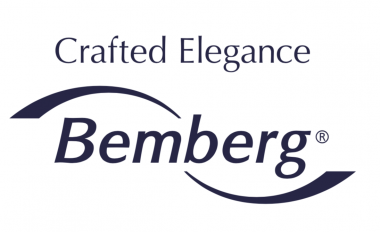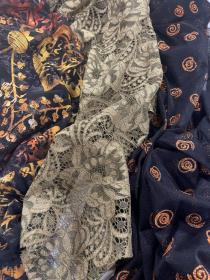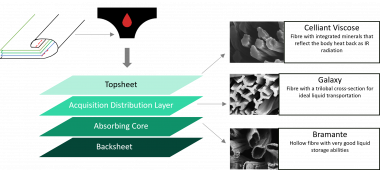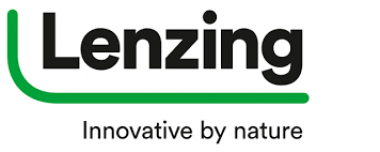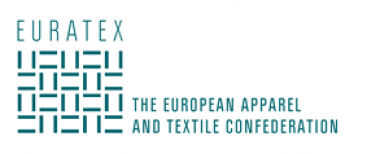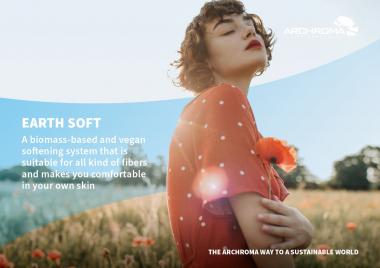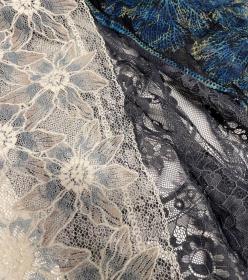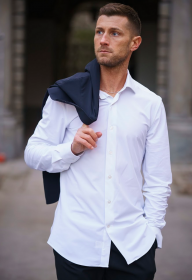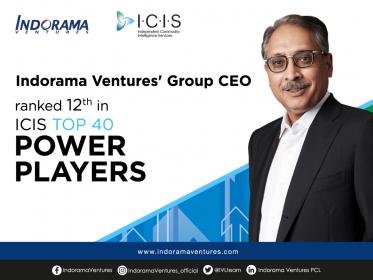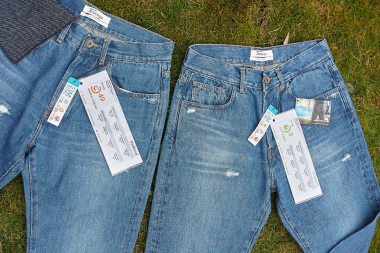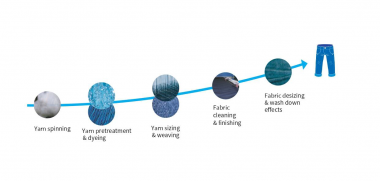Sappi's Blue Couch Series: Switching to sustainable packaging material
The demand for environmentally friendly packaging continues to grow. This development is posing real challenges for brand owners. How do they make the switch to flexible packaging that is recyclable? What needs to be considered? How can the issue of recycling be advanced? And why does Europe still need to catch up on topics such as “defining recyclability” and “test methods”? Insight into these questions and more is featured in a new episode of Sappi's Blue Couch Series.
- “Functional paper packaging – the path towards greater recyclability”
- Julian Thielen, Head of the “Made for Recycling” service at Interseroh Plus, Kerstin Dietze, Key Account Manager for Paper and Packaging Solutions at Sappi, and Gustavo Duarte, Manager Competence Center Packaging Solutions at Sappi
The “Functional Paper Packaging – the path towards greater recyclability” episode will begin airing on 22 February, here.
Sappi Europe






